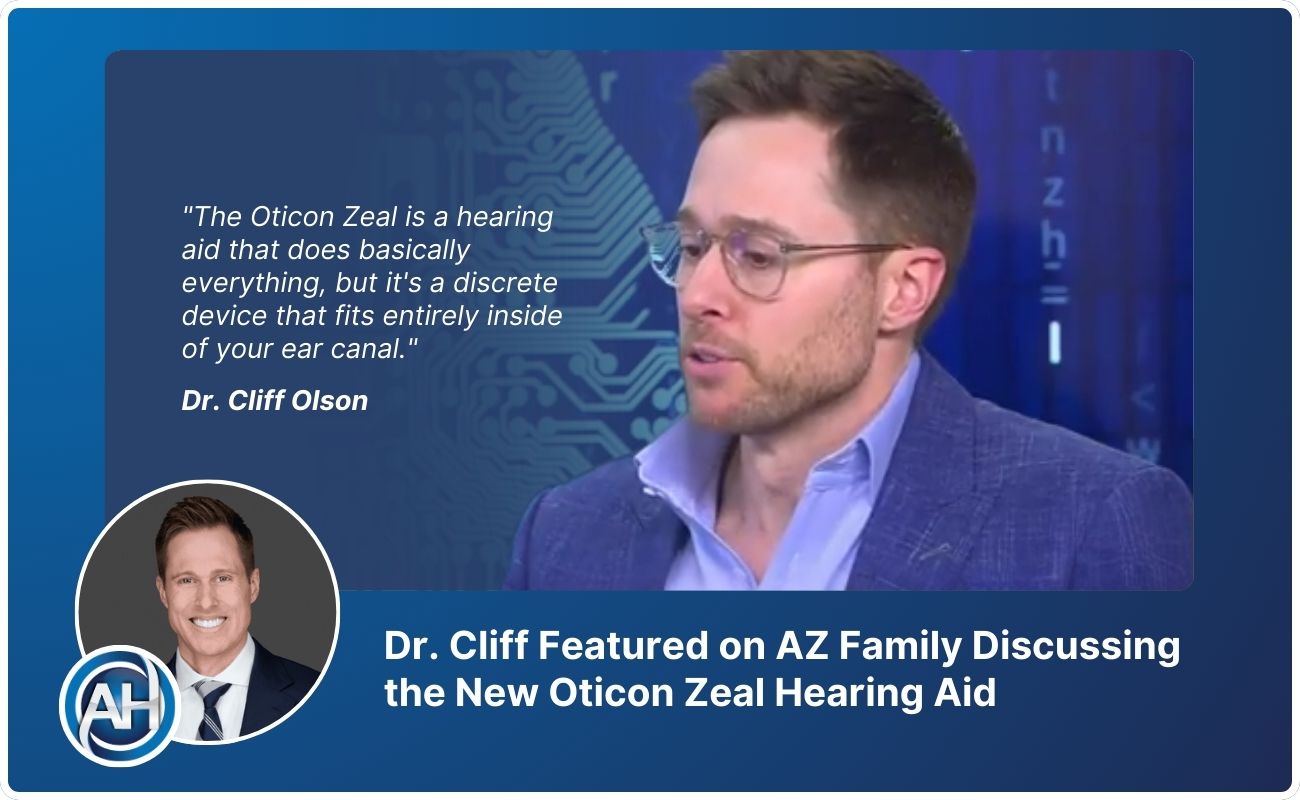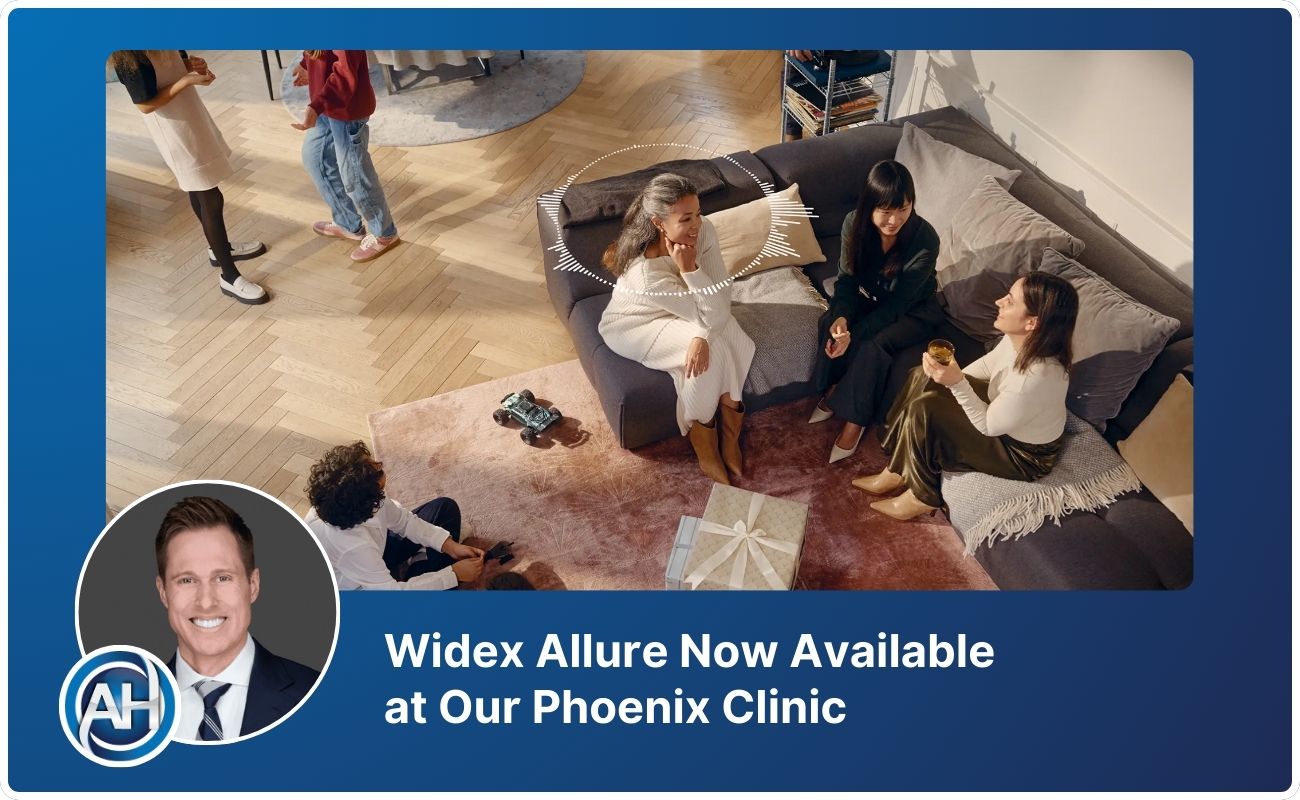
The surprising drawbacks of rechargeable hearing aids
Let's look at the history of hearing aid battery technology and a few reasons why a rechargeable hearing aid may not be suitable for you.
Integrate your CRM with other tools
Lorem ipsum dolor sit amet, consectetur adipiscing elit lobortis arcu enim urna adipiscing praesent velit viverra sit semper lorem eu cursus vel hendrerit elementum morbi curabitur etiam nibh justo, lorem aliquet donec sed sit mi dignissim at ante massa mattis.
- Neque sodales ut etiam sit amet nisl purus non tellus orci ac auctor
- Adipiscing elit ut aliquam purus sit amet viverra suspendisse potenti
- Mauris commodo quis imperdiet massa tincidunt nunc pulvinar
- Adipiscing elit ut aliquam purus sit amet viverra suspendisse potenti
How to connect your integrations to your CRM platform?
Vitae congue eu consequat ac felis placerat vestibulum lectus mauris ultrices cursus sit amet dictum sit amet justo donec enim diam porttitor lacus luctus accumsan tortor posuere praesent tristique magna sit amet purus gravida quis blandit turpis.

Techbit is the next-gen CRM platform designed for modern sales teams
At risus viverra adipiscing at in tellus integer feugiat nisl pretium fusce id velit ut tortor sagittis orci a scelerisque purus semper eget at lectus urna duis convallis. porta nibh venenatis cras sed felis eget neque laoreet suspendisse interdum consectetur libero id faucibus nisl donec pretium vulputate sapien nec sagittis aliquam nunc lobortis mattis aliquam faucibus purus in.
- Neque sodales ut etiam sit amet nisl purus non tellus orci ac auctor
- Adipiscing elit ut aliquam purus sit amet viverra suspendisse potenti venenatis
- Mauris commodo quis imperdiet massa at in tincidunt nunc pulvinar
- Adipiscing elit ut aliquam purus sit amet viverra suspendisse potenti consectetur
Why using the right CRM can make your team close more sales?
Nisi quis eleifend quam adipiscing vitae aliquet bibendum enim facilisis gravida neque. Velit euismod in pellentesque massa placerat volutpat lacus laoreet non curabitur gravida odio aenean sed adipiscing diam donec adipiscing tristique risus. amet est placerat.
“Nisi quis eleifend quam adipiscing vitae aliquet bibendum enim facilisis gravida neque velit euismod in pellentesque massa placerat.”
What other features would you like to see in our product?
Eget lorem dolor sed viverra ipsum nunc aliquet bibendum felis donec et odio pellentesque diam volutpat commodo sed egestas aliquam sem fringilla ut morbi tincidunt augue interdum velit euismod eu tincidunt tortor aliquam nulla facilisi aenean sed adipiscing diam donec adipiscing ut lectus arcu bibendum at varius vel pharetra nibh venenatis cras sed felis eget.
Rechargeable hearing aids have exploded in popularity, going from 10% of all hearing aids dispensed just a few years ago to 50% of all hearing aids dispensed today in my clinic. But despite their rising stock, I don’t believe they are for every hearing aid user. Let's look at the history of hearing aid battery technology and a few reasons why a rechargeable hearing aid may not be suitable for you.
The evolution of battery technology
Disposable zinc-air batteries have been used in hearing aids for decades, and they are still the preferred disposable battery for the vast majority of hearing devices. Back when they were first used, we didn't have the power-hungry features in hearing aids today, so these batteries did not need to be replaced as frequently in the past.
Today's hearing aid landscape has changed, and these batteries don't go as far as they once did. Every time the wearer leaves the house with their disposable hearing aids, it's a gamble. Instead of trusting that their hearing aids will continue to work throughout the day, they must remember to bring an extra set of batteries just in case. Instead of once a month, battery changes have to happen multiple times a week.
The arrival of rechargeable options
The first attempt to produce rechargeable hearing aids focused on metal hydride batteries. These batteries had to be replaced every year, and they never lasted very long, so you'd get to a point in your day when you'd get a low battery alert, and then when you put them back in the charger, they took a long time to charge.
Then we moved on to silver-zinc rechargeable batteries, which provided a longer battery life and were interchangeable with disposable hearing aid batteries. The problem was that they were pretty unreliable, and many people who used silver-zinc rechargeable batteries threw them away and replaced them with disposable ones.
However, we have now progressed to lithium-ion rechargeable battery technology, the same battery material used by Tesla cars. These provide significantly more battery life and charge substantially faster than previous generations of rechargeable batteries. Hearing aids that are rechargeable with lithium are far more reliable. They also include all of the usual advantages of rechargeable technology, including a lower environmental impact compared to disposables. There is also no battery to replace, making them easier for those with limited dexterity.
The drawbacks of rechargeable technology
Even though the benefits of rechargeable battery hearing aids are undeniable, this does not mean that they are the ideal hearing aids for you. Here are some of the reasons you might want to consider a more traditional hearing aid:
Power-hungry users will have to make some difficult decisions. If you're the type of person who likes to stream music from the TV or your smart devices for 14 to 16 hours a day, beware! When your hearing aids run out of battery, you'll have to take them out of your ears and charge them instead of merely replacing them with another disposable battery and going about your day.
They are more expensive upfront. The cost of the charging unit and replacement batteries aren't usually included in the price of the hearing aids. However, you could still save money over the life of your hearing aids since you won't have to buy new batteries as often.
You're entirely reliant on your charger. The battery must be recharged daily. If you interrupt the charge cycle and presume your batteries are fully charged and functional, one of your hearing aids may cease to function. You must also consider what would happen if you forget your charger, if it stops operating, or if the cord breaks. The majority of people do not have an additional charger on them.
They're primarily available in larger hearing aid types. Hearing aids with rechargeable lithium-ion batteries are often larger than those with non-rechargeable batteries to ensure that the battery is large enough to meet the needs of the hearing aids. As a result, if you're seeking a rechargeable hearing aid that's more unobtrusive, your options are limited.
Traveling may be a problem. If you travel frequently and fail to bring your charger, you will be unable to recharge your hearing aids if you do not have your charger. On the other hand, certain manufacturers have specific portable chargers for such events that may be used for several days without the need for an electrical outlet.
Be aware of what works for your lifestyle.
With hearing aids, making trade-offs between different features and technologies is pretty typical. So it's rare to have the chance to obtain all of the features you need without sacrificing anything. I'm a big fan of rechargeable battery hearing aids, but a disposable hearing aid may be preferable depending on your unique requirements and circumstances. For instance, if you don’t travel very often and aren’t interested in all the bells and whistles that the flashier hearing aids provide, then traditional hearing aids will perfectly fit your needs.
So the next time you're thinking about upgrading your hearing aid technology, keep in mind that you can still obtain a quality hearing aid with disposable batteries that meets all your needs.




